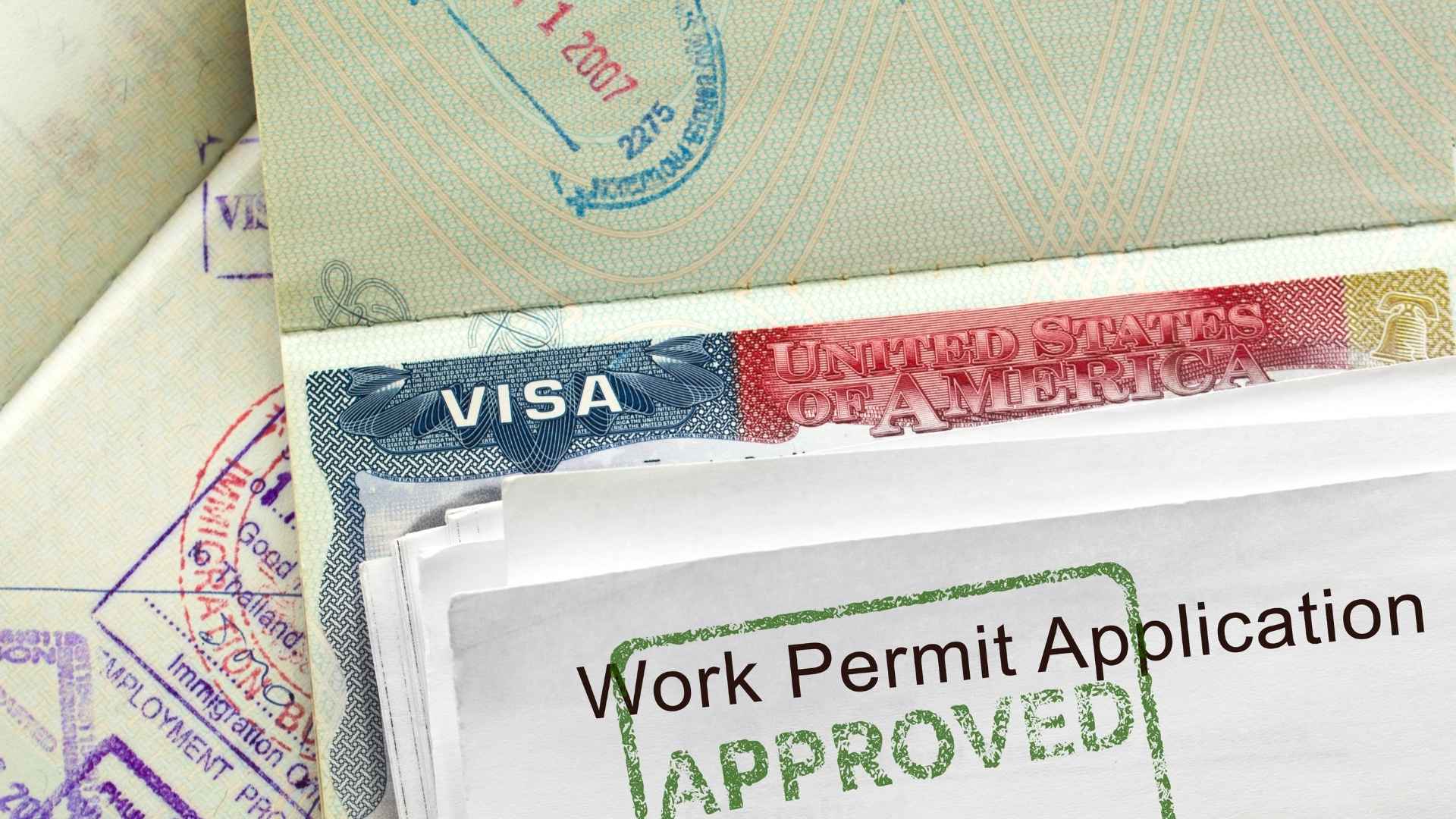
"For years, Europe has quietly been at the center of a travel revolution. Remote work changed everything laptops replaced offices, and beaches replaced break rooms. Suddenly, working from home became working from anywhere. But what if there was a way to do it legally, for months at a time, without applying for expensive digital nomad visas or long-term residency? Turns out, there is and almost nobody talks about it."
"Technically, there's no visa labeled Workcation. The term refers to how digital professionals legally use existing short-term entry rights like the Schengen 90-day tourist rule to live and work remotely while remaining compliant with local laws. The key lies in what kind of work you're doing and where your employer is based. If you're employed by or running a company outside the EU say, a U.S.-based job you can perform online you're not technically working in Europe."
"The EU's immigration systems, designed decades ago for traditional workers, can't fully regulate modern digital nomads who earn foreign income online. So the loophole is simple: You enter Europe on a regular short-stay visa (or visa-free entry if you're American, Canadian, etc.). You continue working remotely for a non-European company. You live like a local, spending money, renting apartments, and paying local VAT without violating employment laws. It's not illegal."
Europe contains a gray-zone Workcation Visa workaround that uses existing short-stay entry rights to permit extended remote work stays. Remote professionals enter on short-stay visas or visa-free entry and continue employment for companies based outside the EU, thereby working from Europe rather than working in Europe. The approach relies on the distinction between location of work and location of employer and on older immigration frameworks that predate digital nomads. Travelers can rent apartments, spend locally, and pay VAT while remaining compliant with employment laws. European governments generally do not advertise or formalize the loophole.
Read at www.wanderwithjo.com
Unable to calculate read time
Collection
[
|
...
]